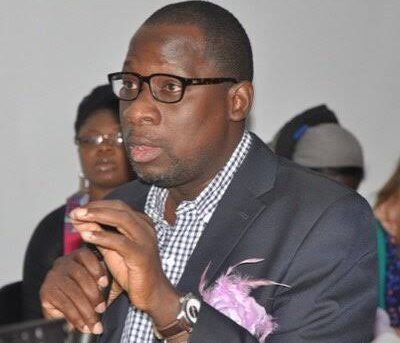The Country Director of Care International Nigeria, Dr. Hussaini Abdul made a compelling case for the Federal Government to institute a comprehensive policy framework aimed at nurturing a savings culture, particularly among women, to strengthen economic resilience At the 2024 National Savings Group Conference in Abuja.
In his address, Dr. Abdul emphasized the critical role that savings play in combating poverty, especially in rural areas where financial resources are scarce.
He underscored the urgent need to bolster mechanisms for savings groups to encourage broader participation across the country, noting that poverty remains a persistent challenge, particularly in rural communities lacking essential financial services.
Dr. Abdul also acknowledged the existing traditional financial practices prevalent in rural settings, such as “esusu,” “ajo,” or “adashi,” which have evolved as coping mechanisms.
He stressed the importance of enhancing these indigenous financial structures through better coordination, management, and accountability systems.
“We advocate for a proactive engagement from government entities at all levels to devise a comprehensive policy framework supporting the institutionalization of these mechanisms.”
Highlighting the importance of proactive engagement from government entities at all levels, Dr. Abdul advocated for the development of a comprehensive policy framework to support the institutionalization of these mechanisms.
He emphasized that such a framework would provide a conducive environment for the sustainable growth of savings groups nationwide.
The conference, according to Dr. Abdul, serves as a platform to foster collaborative efforts toward advancing financial inclusion through savings groups across Nigeria.
In a statement delivered on behalf of Vice President Kashim Shettima by Dr. Nurudeen Zauro, Technical Adviser on Financial Inclusion to President Bola Tinubu, the government pledged to review existing policy frameworks to create an enabling environment for savings groups.
Dr. Zauro highlighted the pressing need to address financial exclusion, with approximately 26% of Nigerians currently outside the formal financial system and an additional 36% considered unbanked, primarily from the informal sector.
He emphasized the connection between financial inclusion and broader socioeconomic challenges, including multidimensional poverty and security concerns.
The initiative has garnered support from various partners, including Plan International, ActionAid, Mercy Corps, USAID, GIZ, The World Bank, and the Food and Agriculture Organization of the United Nations (FAO), demonstrating a collective commitment to advancing financial inclusion and economic resilience in Nigeria.



